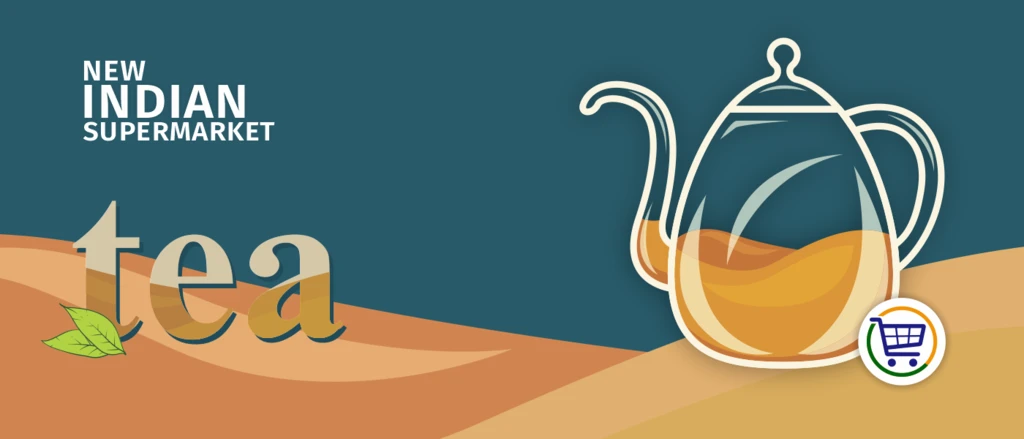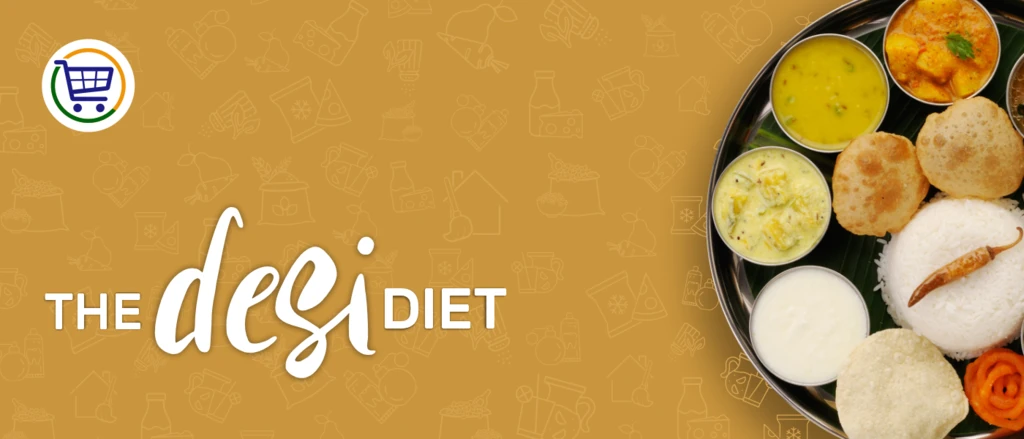The Great Indian Diet
The Great Indian Diet
The Indian diet is known for spices, pulses, rice, and roti. But beyond that it’s also world famous for a variety of flavors and colors that are only unique to Indian delicacies. Being generally low in fat, high in vegetables, fruit and lean meat, traditional Indian food is not only healthy, but is also incredibly tasty with a lot of health benefits. Indian food supports immunity, inflammation, brain function and several other functions in the human body.
Traditional Indian foods have been prepared for many years but across different regions, each dish is prepared differently. Traditional wisdom about processing of food, its preservation techniques, and their therapeutic effects have been established for many generations in India. Indian traditional foods are also known to contain body-healing chemicals, antioxidants, dietary fibers, and probiotics, which help in boosting immunity and also in managing other functions of the body.
Health benefits of Indian food
There are specific components of an Indian diet which have a range of health benefits.
Chickpeas are a great source of fibre, zinc, folate and protein, which makes them a healthy factor in a vegetarian Indian diet. Spinach and tomatoes, which are widely used in Indian cuisine, are also known superfoods, containing high levels of antioxidants, vitamins and minerals. Many Indian curries and sauces, such as sag aloo (spinach) and gobhi aloo (cauliflower with potatoes), tend to be vegetable-based too, making them a healthy choice to add to your daily diet.
Raita, made from natural yoghurt, cucumber and mint, is a source of calcium and is a low fat alternative to high fat sauces such as mayonnaise. Natural yoghurt is also often used to form curry sauces instead of cream or coconut milk. Many Indian foods are made using milk and curd, which is a good source of calcium. Consuming these foods can help improve your bone health and may prevent the risk of bone diseases in future.
Garlic, which is a great ingredient for the heart, is one of the main ingredients in several Indian dishes. Chillies, which are good for the immune system and metabolism, are also a major component of Indian delicacies. Additionally, Indian dishes often use vegetable, sesame and peanut oil rather than butter, which keeps them lower in saturated fat and therefore protects your heart health.
Finally, the best part of Indian food is that there are so many variants! Whether you feel like kicking your diet to the side and relishing some chhole bhature or adopting a healthy lifestyle and opting for breakfast poha and upma – there’s something for every mood and goal.
















